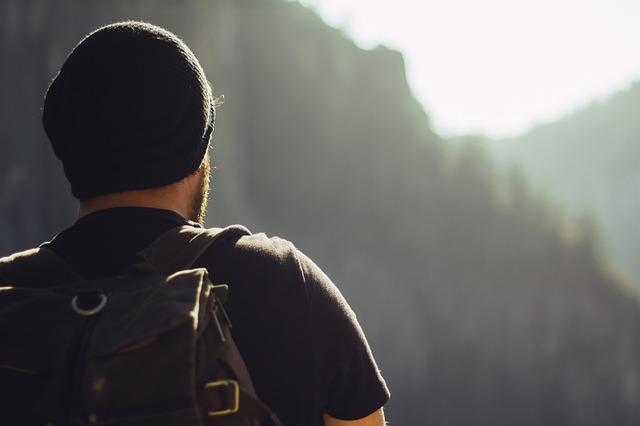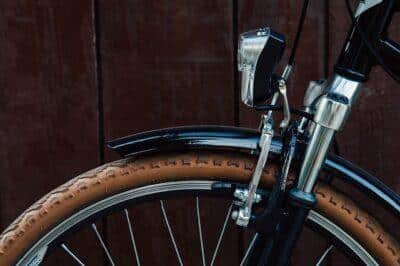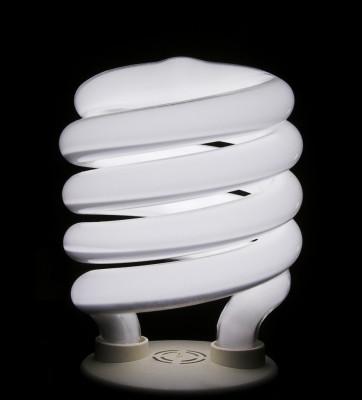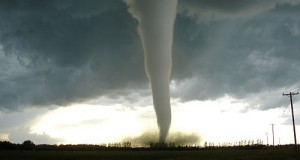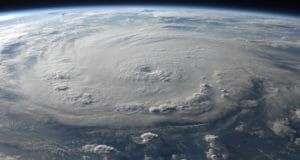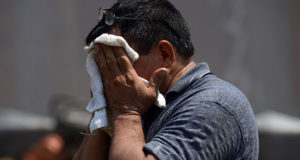No matter how much thought and effort we put into preparing for the unknown, there’s always something we’re likely to forget. We fail to stock up on this, we put off buying that, or we neglect preparing things we think we’ll never use in a disaster situation.
Following is a list of things we often overlook when preparing for a natural or man-made disaster – or even a time when the power is simply out for a few days or weeks. You wouldn’t normally find them in the usual survivalist lists because they’re not urgently needed. But in a major, long-term collapse when business is down and most goods and services aren’t on the market (or maybe there WON’T be any market at all), these are the things you’ll wish you had stocked up on – regular, ordinary things that usually wear out in a few years or factory-made stuff that’s impossible to make yourself.
If you have the means, get them now while you still can and while you’re still able to choose the kind you want. Many of them can be bartered if needed, so it won’t hurt to have several extra pieces in your cache.
1. Boots. Get sturdy, good-quality boots that you can use for a variety of purposes and in different terrain. While shoes – and boots for that matter – are highly specialized these days, you can opt for hybrids. Hybrids are durable enough for hiking, but versatile and comfy enough for gardening, walking downtown and even pedaling short distances. They’ll just be your back-up anyway, something you can resort to if your current pair breaks down.
2. Eyewear. Do you wear glasses? Get an extra pair of your prescription glasses or several pairs of contact lenses (a few dozen if they’re disposable) so you won’t be visually challenged if you break or lose your existing pair. Extra sunglasses are good to have, too, if you’re out in the sun a lot.
3. Bicycle. If your car breaks down or runs out of gas, you’ll have to pedal to town or to your nearest neighbor for help. Consider attaching a basket or a trailer for hauling supplies. Get spare tubes, too, along with an extra pump.
4. Basic hand tools. These are critical if a disaster strikes and the grid goes down. Expect to have to do some repairs or minor projects by manual labor. You already know the essentials: hammer, screwdrivers, drills, pliers, wrenches, crowbar, a saw. If you already have them, make sure they’re in good shape. Throw in a couple of knives, scissors, can openers and nails of various sizes. If you do a lot of homesteading you know how indispensable gardening tools and supplies are, from axes to gloves to wheelbarrows.
New 4-Ounce Solar Survival Lantern Never Needs Batteries!
If you already have them, make sure they’re in good shape. Throw in a couple of knives, scissors, can openers and nails of various sizes. If you do a lot of homesteading you know how indispensable gardening tools and supplies are, from axes to gloves to wheelbarrows.
5. Raw building materials. Homesteaders usually have these in their sheds already but suburban dwellers likely still run to Home Depot for such things as plywood and PVC pipes. These are essential for building, repairing and reinforcing. If you have the space, consider storing lumber of different sizes, galvanized iron sheets, a few steel bars, chicken wire, and maybe even some bags of concrete. It also wouldn’t hurt to stock up on sealants, heavy duty glue, lubricants and ropes.
6. Lightbulbs. If you’re off the grid and able to produce your own power through solar or other means, you’re still going to need these.
7. Snow and rain gear. You may not be living in a region prone to hurricanes and blizzards, but with today’s erratic weather you’ll need clothes for extremely cold and wet weather.
8. Underwear. If you have young children, you know how fast they outgrow these. For us adults, it just gets uncomfortable when those undies get a little too loose and worn. They might be great for sleeping, but what about outdoors when you need to be doing a lot of physical activity? Nothing beats a snug fit. Include a dozen pairs of thick socks, too.
9. Maps in hard copy. In a grid-down scenario, you won’t have the Internet or your phone’s GPS to guide you. Get a road map of your city, state and region. Get a topographical map of your retreat area. Search online for useful info that your map doesn’t have yet. Mark important locations you’ll want to remember in the future, such as water sources, bike trails, high elevation areas, etc.
New Water Filter Fits In Your Pocket And Removes 100 Percent Of Water-Borne Bacteria!
If disaster strikes and you’re still able to monitor the news, maps can help you track problems like storms, wildfires and chemical plant accidents in reference to your area. You can print online maps out for use and likely find very specific maps that show water tables, logging roads, gas pipes, fishing lakes, railroads, contour lines and the like. Laminate your maps so they’re waterproof.
10. Grain mill. Something to consider if you’re planning on doing extensive gardening. If you can grow your own grains, peanuts, beans and even seeds from which to derive oils (sunflower, grapes, even moringa), why not invest in a grinder? You can save money by baking your own bread or even just grinding store-bought coffee or cocoa beans. There are manual and electric types, and convertible ones. Many are for home use but some are heavy-duty enough for a small business.
11. Dental health. No, you don’t want an impacted wisdom tooth or cavity-ridden molars causing you pain in a disaster scenario. Rotten, aching teeth are not only painful but can create dangerous infections. If you don’t have a dentist in your prep group, take care of dental problems now rather than suffer the consequences later. Meanwhile, be diligent with your dental care regimen to keep those pearly whites healthy: regular brushing, flossing and proper nutrition.
12. Bible/inspirational books. Probably the least prioritized but the most helpful for one’s spiritual and emotional health. Having a book that inspires and brings you peace can be very useful when things become really dire. And reading can provide a healthy distraction and a break from the troubles that come with a disaster.
What would you add to this list? Share your ideas in the section below:
Every Year Gardeners Make This Avoidable Mistake — But You Don’t Have To. Read More Here.
 Off The Grid News Better Ideas For Off The Grid Living
Off The Grid News Better Ideas For Off The Grid Living

